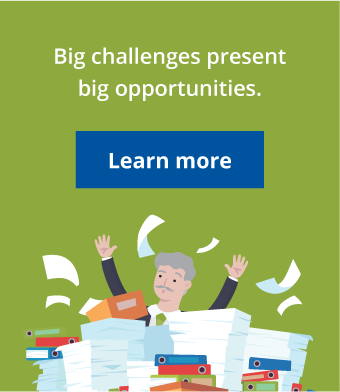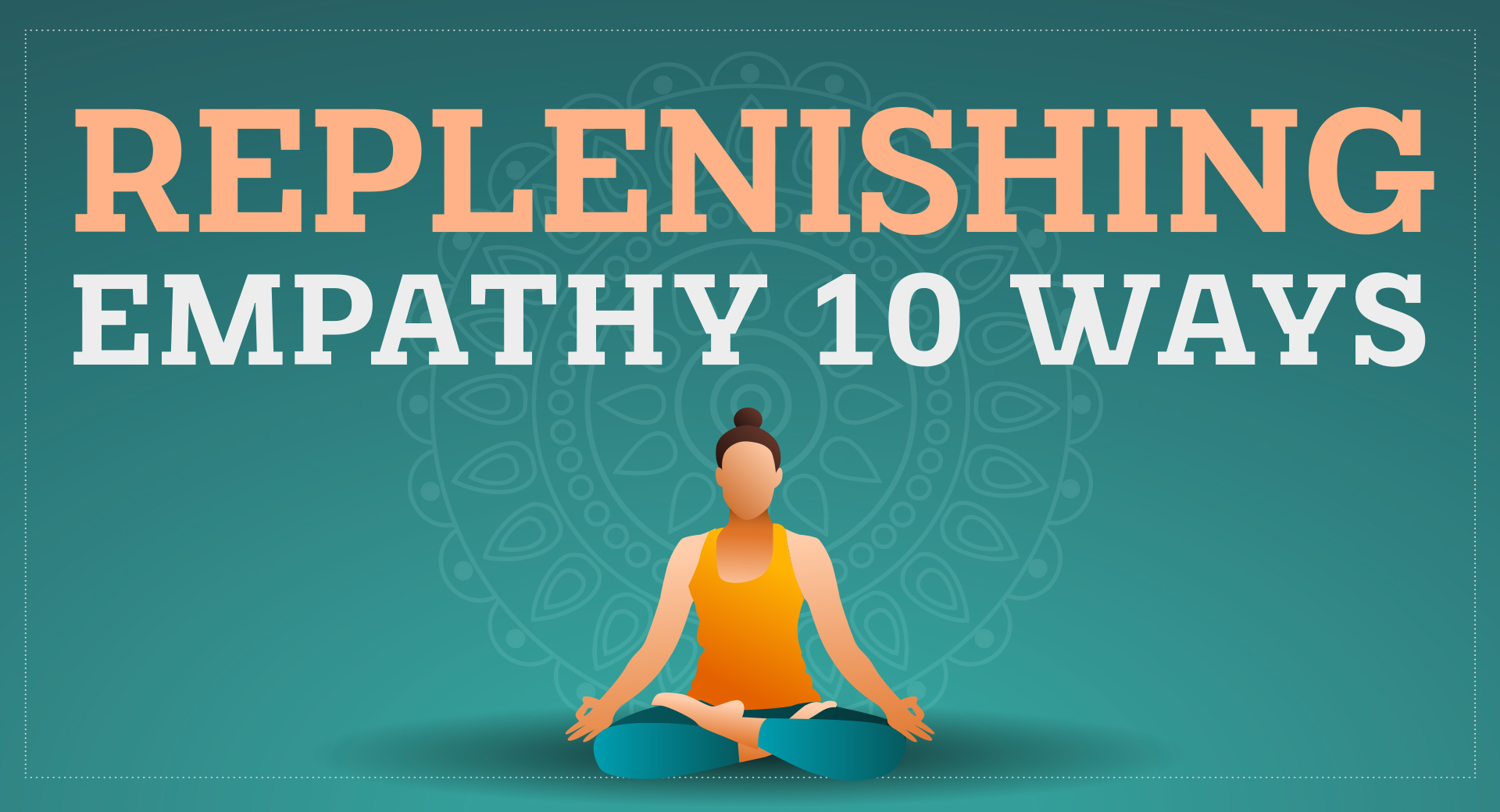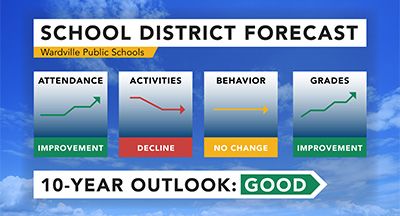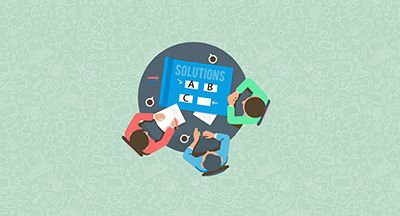Infographic: Replenishing Empathy 10 Ways
#Culture
Erin Werra
by
Erin Werra

|
Erin Werra Edtech Thought Leader |

|

|

|
 |
Here are 10 strategies to protect and enhance your energy in a demanding caregiving role (like teaching!).
1. O2 mask
It’s not selfish to put yourself first.
Empathetic folks often hear they must put their own oxygen masks on first—it’s the first rule of helping others. In practice, it’s a little harder to consciously remember to put your own self-care first when you’re used to caring for others. It’s motivating to know you’ll be able to do more if you put your own care first.2. Help, please
Do not wait. Ask today.
We tell our colleagues and students to reach out as soon as they need help, and not to let problems go unnoticed for long. Why is it tricky to take our own advice? Get in the habit of reaching out for support before you’re stuck. That way, it’s more comfortable to ask for help in the heat of a challenge.3. Boundaries
Protect yourself and your peace.
The backlog of people needing help is never going to dwindle to nothing. To that end, build healthy timekeeping boundaries to unplug from your work and protect your peace. If not every day will offer the same opportunities for breaks, try to identify natural rhythms of downtime and begin to protect those. When you clock out, clock out.4. Commute time/padding
Decompress before and after.
Speaking of clocking out—here’s a trick to help keep work at work and home at home. Add a 10+ minute buffer to your normal commute. Take the long way home. Wait outside for a moment before starting your evening routine. The extra time can help decompress after a challenging day and signal the transition into recharge time.5. Container method
Where can you put this thought where it’s safe and you can come back to it, but it doesn’t creep out into your precious time?
This internal cognitive practice asks you to envision a container of some sort. Maybe you have a filing cabinet, a lunchbox, or a treasure chest. The only requirement is that it should close and lock. If you find yourself unable to turn off your problem-solving at the end of the day, put the thought in your container and lock it up for the night. Unlock it in the morning with fresh eyes. (Pro tip: Leave any guilt in there too.)6. Be a squeaky wheel
Practice being the one to speak up. Ask. Mention. Over-communicate.
It’s hard to speak up and ask for help. That’s why if you can, you might help someone else who needs the same support at the same time. It’s easier to speak up once you make it a normal part of your routine. So voice your feedback, send the email, check in, and speak up!7. Embrace your superpowers
Being sensitive and empathetic is one.
When you’re burnt out, it’s really difficult to be grateful. However, embracing your sensitivity to others’ needs is both a bit of a curse and a blessing. The difference you make as an empathetic caregiver literally saves lives. There’s no hero more super than you.8. Eliminate negative self-talk
You’ve shared that advice with kids, now embark on a journey to change your own mindset. Notice when negative self-talk starts to creep in and challenge it! You’ll find your inner critic quieting down and your inner coach taking over the spotlight more often.9. Enlist a furry or fluffy friend
Provide yourself some creature comforts
Physical comfort may lead to mental and emotional relaxation too. While it might feel a little too corny (self-care can definitely cross that line), it’s okay to indulge your physical senses in order to soothe yourself quicker. Go bother your pet—tell them we said it was okay.10. Nice file
Start keeping a folder on your desktop to tuck nice notes and feedback into (virtually or IRL). That way when you need it, you’ll already have a list of nice things to make you smile and remind you what all this hard work is for.11. In case you haven’t heard it yet today, THANK YOU.
Times are tough for educators, but you’re tough too. What you do matters so much. Thank you.

|
Erin Werra Edtech Thought Leader |
|
|

|

|

|
 |









